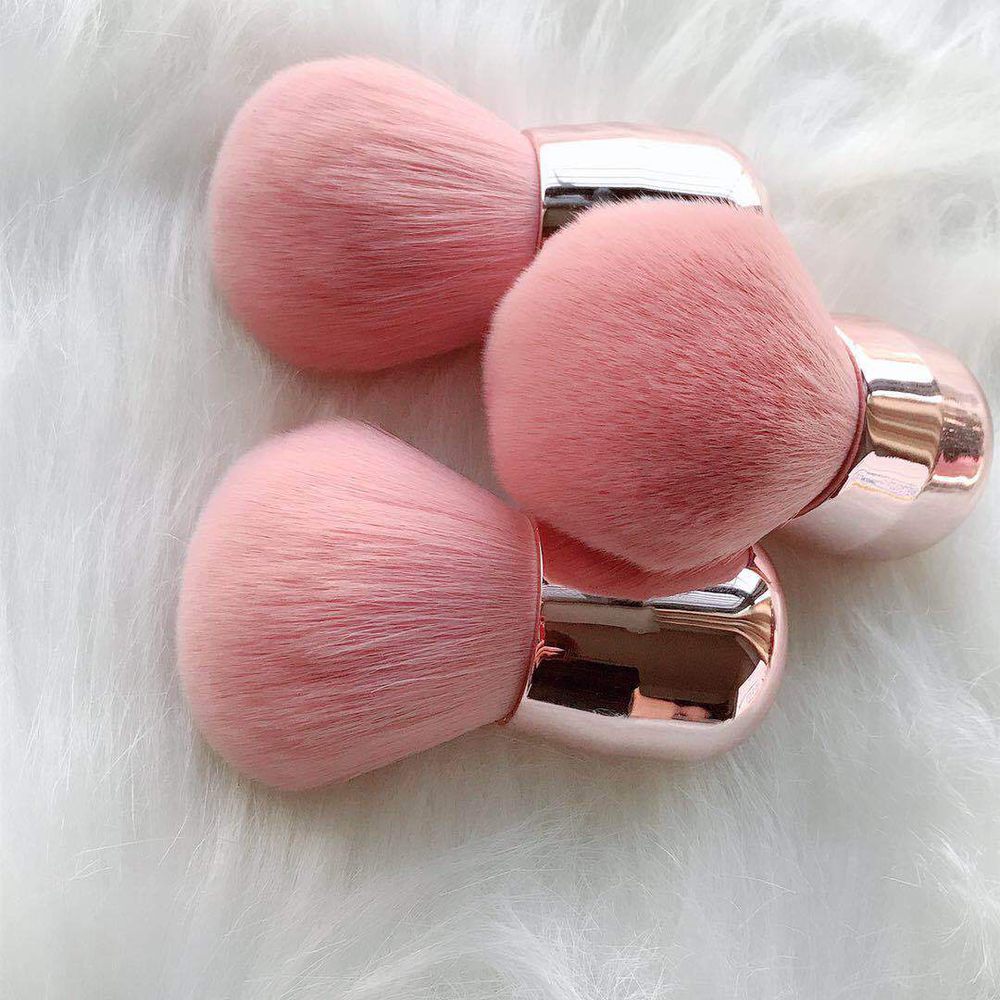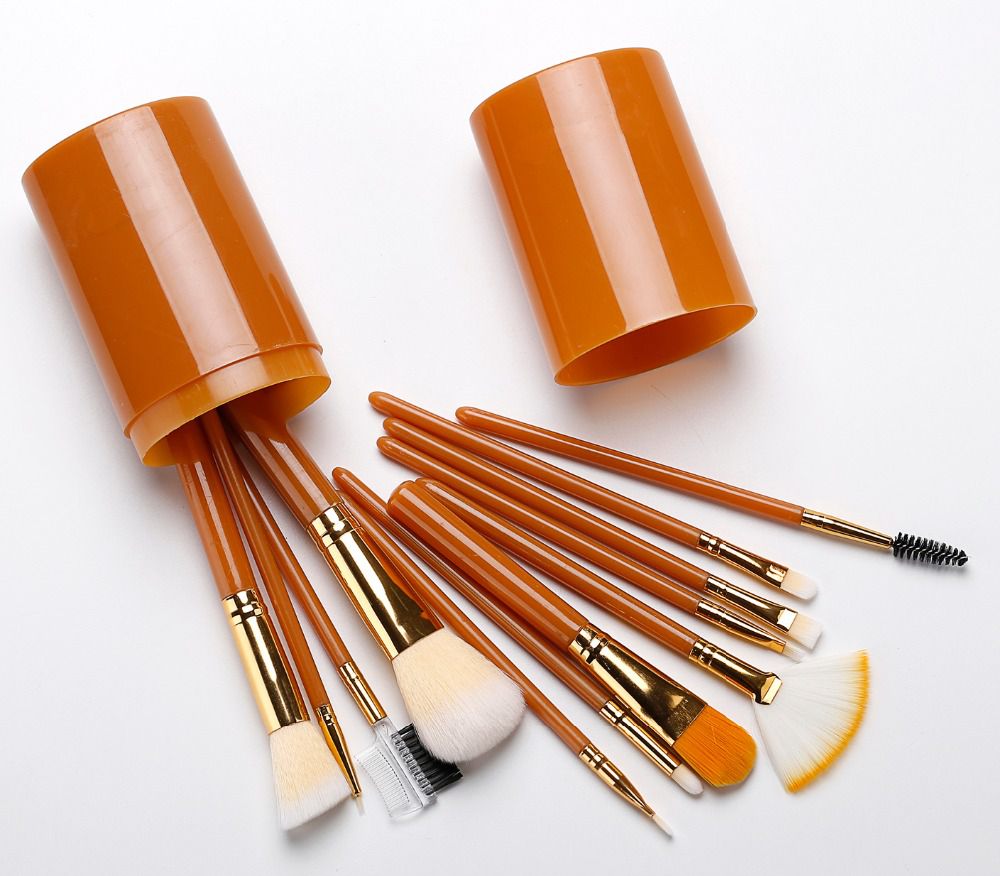Industry news
Cosmetic Brush Exports from Bangladesh Rise: EU Market Access Boosts Jute-Fiber Bristle Demand
- 137 Views
- 2025-11-18 01:31:50
Cosmetic Brush Exports from Bangladesh Rise: EU Market Access Boosts Jute-Fiber Bristle Demand
Bangladesh’s cosmetic brush exports have witnessed a remarkable upsurge in recent years, with the European Union (EU) emerging as a pivotal driver of this growth. According to data from the Bangladesh Export Promotion Bureau (EPB), cosmetic brush shipments reached $120 million in 2023, marking a 35% increase from $89 million in 2022. Notably, the EU now accounts for 65% of these exports, with Germany, France, and the Netherlands leading as top destination markets. This surge is closely tied to the EU’s growing demand for sustainable beauty tools, particularly those featuring jute-fiber bristles—a natural, eco-friendly alternative to synthetic materials that aligns with the bloc’s stringent environmental regulations.

The EU’s focus on green policies has been a game-changer for Bangladeshi exporters. As part of its “From Farm to Fork” strategy and circular economy action plan, the EU is prioritizing products with low environmental footprints, aiming to reduce plastic waste and promote biodegradable materials. Jute, a renewable and 100% biodegradable fiber, fits seamlessly into this agenda. Unlike synthetic bristles derived from petroleum, jute decomposes naturally, making it a preferred choice for eco-conscious consumers and brands seeking to meet EU Eco-label or ECOCERT certifications. This alignment has fueled a spike in orders for jute-bristle brushes, with EU retailers like Sephora and Rituals expanding their sustainable beauty lines to include Bangladeshi-made products.
Jute’s inherent qualities further strengthen its appeal in the cosmetic industry. The fiber is naturally soft, resilient, and capable of holding cosmetics evenly—traits critical for high-performance makeup brushes. Bangladeshi manufacturers have invested in advanced processing technologies to refine jute fibers, enhancing their softness and durability to match the standards of luxury beauty tools. “Jute was once seen as coarse, but modern processing—including enzymatic softening and heat treatment—has transformed it into a premium material,” notes Nazma Akter, a product development manager at Dhaka-based brush exporter GreenBeauty Cosmetics. “Our jute-bristle brushes now compete with synthetic alternatives in feel and functionality, while offering the added sustainability edge.”
Bangladesh’s manufacturing ecosystem has also played a key role in scaling production. The country’s long-standing expertise in textiles, coupled with a cost-effective labor force, allows for competitive pricing without compromising quality. Many cosmetic brush factories are clustered in industrial zones near Dhaka and Chittagong, leveraging proximity to jute mills and garment manufacturing hubs for seamless supply chain integration. Government support, including tax holidays for export-oriented industries and access to low-interest loans through the Bangladesh Bank, has further incentivized expansion. As a result, the number of registered cosmetic brush exporters has grown by 20% since 2020, with major players like Bengal Brush Industries now supplying over 50 EU brands.

Despite the growth, challenges persist. Raw material stability is a pressing concern: jute cultivation in Bangladesh, though widespread, is rain-fed, making yields vulnerable to erratic monsoon patterns. To address this, exporters are partnering with farmers in Rajshahi and Khulna—key jute-growing regions—to adopt climate-resilient farming techniques, such as drip irrigation and drought-resistant jute varieties. Storage infrastructure is also being upgraded to prevent fiber degradation during off-seasons.
International competition is another hurdle. China and India remain the world’s top cosmetic brush exporters, controlling 45% and 20% of the global market, respectively. Bangladesh differentiates itself by doubling down on sustainability. “While China dominates with synthetic brushes and India with animal-hair options, we’re carving a niche in natural, vegan-friendly tools,” explains Kamal Hossain, CEO of EcoTools Bangladesh. “Our ‘JuteGlow’ line, marketed as ‘plastic-free and planet-friendly,’ has seen 40% annual growth in EU sales.”
Quality control is equally critical. The EU enforces strict product standards, including REACH regulations that restrict harmful chemicals, and ISO 22716 guidelines for cosmetic good manufacturing practices. Bangladeshi factories have responded by investing in labs to test bristle composition and partnering with international certification bodies to ensure compliance. “Failing a REACH audit can block EU access, so we prioritize rigorous testing,” says Hossain. “It’s an added cost, but it builds long-term trust.”
Looking ahead, the sector’s prospects are bright. The global sustainable beauty market is projected to grow at 12% annually through 2030, driven by millennial and Gen Z consumers willing to pay premium prices for eco-friendly products. Bangladesh aims to











